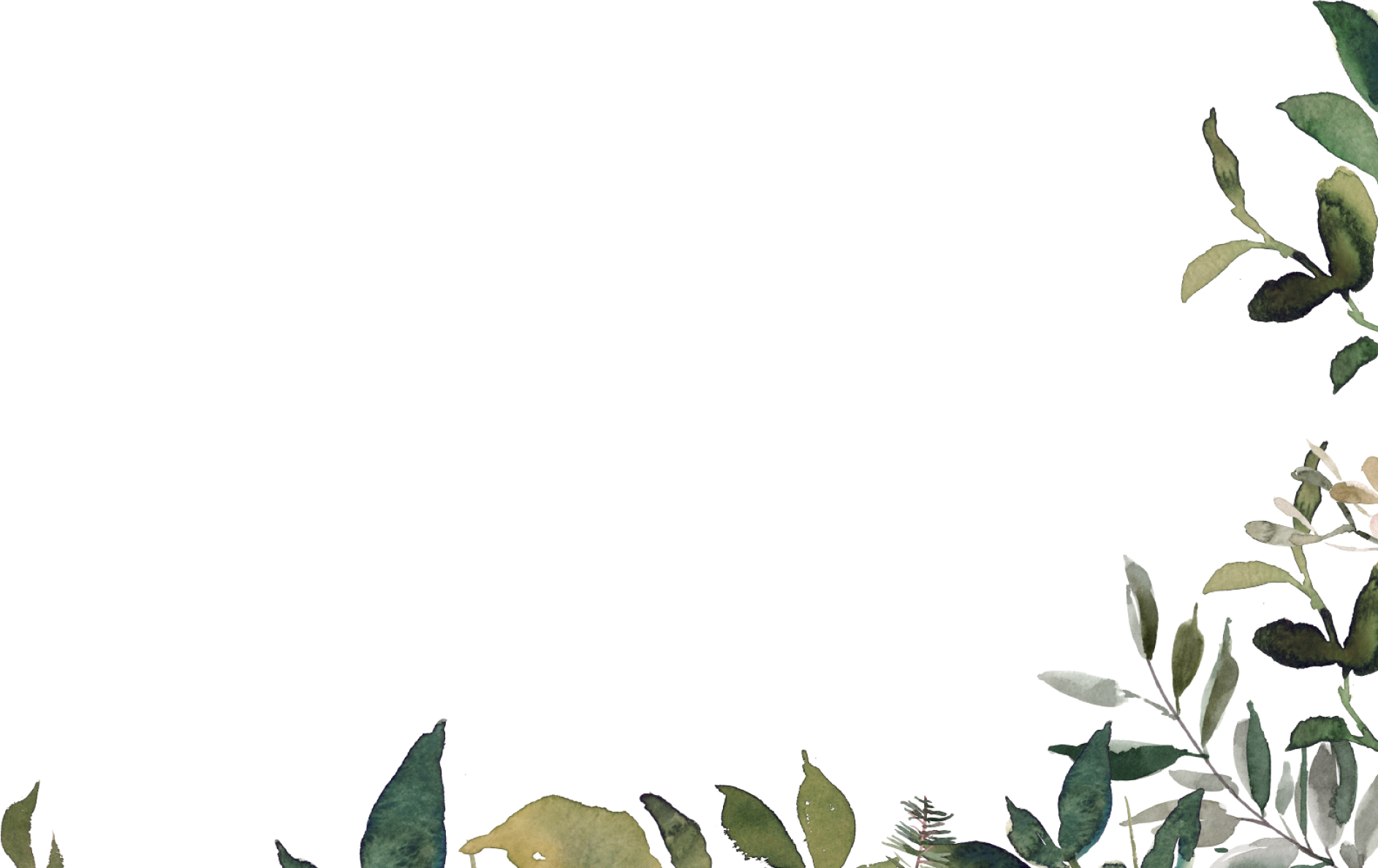
FAQs
Question
WHAT’S THE WEDDING DAY ABOUT?
Answer
The wedding day heralds the happiest and holiest day of one's life. This day is considered a personal Yom Kippur for the chosson (groom) and kallah (bride), for on this day all their past mistakes are forgiven as their souls reunite.
Question
WHAT IS “SHOMER NEGIAH”? CAN WE HUG THE BRIDE AND GROOM?
Answer
The term shomer negiah means "observant of touch." In practice, the terminology refers to someone who refrains from physical contact with individuals of the opposite sex. This is done in order to reserve the holiness and sensitivity of touch for a husband and wife. Thank you so much for your understanding, we look forward to celebrating with you!
Question
WHAT ARE THE COMPONENTS OF THE WEDDING CEREMONY?
Answer
Blessings of Betrothal From a halachic (Jewish law) perspective, a Jewish marriage ceremony consists of two parts, Erusin/Kiddushin (Betrothal) and Nissuin (Marriage). Kiddushin, is the sanctification of the bride to the groom. Before the betrothal, two blessings are recited – one over wine (which regularly sanctifies Jewish events), and one over the actual erusin. In Jewish law, the woman is betrothed once the chosson hands her an object of value before two kosher witnesses, traditionally a plain gold ring. When placing the ring, he declares to her, "Behold, you are betrothed unto me with this ring, according to the law of Moses and Israel." Reading of the Kesubah After she receives the ring, the kesubah (the marriage contract) is read. The kesubah outlines the chosson's various responsibilities ― to provide his wife with food, shelter, and clothing, and to be attentive to her emotional needs. The document is signed by two kosher witnesses, and is a legally binding agreement. The reading of the ketubah acts as a break between the first part of the ceremony ― Kiddushin (betrothal), and the latter part ― Nissuin (marriage). Sheva Brachos - The Seven Blessings Following the reading of the kesubah, seven blessings are recited. With these blessings, the second half of the marriage ceremony, Nissuin, commences. It is customary for close mentors and teachers to be given the honor of reciting each of the blessings underneath the chuppah. The blessings offer gratitude to G-d, as well as well-wishes for the couple, both now and in their future together.
Question
WHAT’S UP WITH THE BROKEN GLASS CUP?
Answer
After the reading of the seven blessings, the final moment of the ceremony then takes place when the chosson breaks a glass cup, shattering it with his right foot. The breaking of glass at this climactic moment symbolizes the imperfection and brokenness that still exists in this world. Even in our greatest joy, we are still in exile and the Holy Temple and Jersualem are still destroyed. G-d willing we will see the rebuilding with the revelation of Moshiach now!
Question
WHAT TO EXPECT
Answer
This is a Chassidic Jewish wedding. Apart from the reception and chuppah, there will be a mechitza (division) between the men and women during the meal and dancing, this allows each side to be totally focused and able to tap into the inherent Joy of the occasion, inviting the One above to join us in the celebration so we should say that there is Simcha is in His abode.
Question
WHEN DOES THE MERRIMENT END?
Answer
After the meal, broken up by numerous dancing interludes, Birkas Hamazon "Bentching"(Grace After Meals) is recited, and the Sheva Brachos are repeated. During the week following the wedding, it is customary for friends and relatives to host festive meals in honor of the chosson and kallah. This is called the week of Sheva Brachos, in reference to the blessings said at the conclusion of each of these festive meals.
Question
WHAT'S THE DRESS CODE?
Answer
Modest formal attire.
Question
SO... WHAT SHOULD I DO?
Answer
The day of a wedding is an auspicious time for the family and friends of the couple to increase in Torah learning, performing mitzvos, and good deeds in the merit of the new home being built. We strongly encourage eveyone to put aside a few coins for charity, say a chapter of tehillim (psalms), for all Jewish men to take a moment to put on tefillin (there will be the opportunity to do so), etc. Most importantly, it is a big mitzvah to be mesameach- to bring joy to the chosson and kallah! This joy hastens the celebration of HaShem with his bride, the Jewish people, in the ultimate redepmtion. And we should truly merit that "there shall speedily be heard in the cities of Judah and in the streets of Jerusalem, the sound of joy, the sound of happiness, the sound of a chosson, and the sound of a kallah," in our Holy Land, and in our holy city, and within all the cities of Judah!